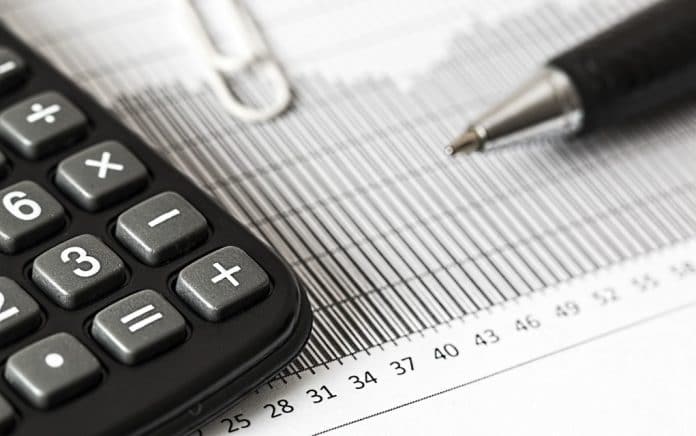By Phil Sayers
Retail spending in the UK fell in October 2017 at the fastest pace for any October since 2008. This has been attributed by some to consumers curbing purchases of non-food goods in the face of rising inflation. In addition, there remains the prospect of a 4% business rate rise next year being confirmed in the Budget, which many have predicted could have serious consequences for investment and confidence. Either way, for many small businesses, and particularly smaller retail businesses, the outlook is uncertain and challenging.
At times like this, though, small business owners often look for those best positioned to provide business as well as financial advice. In the past, this may have been the bank manager or their local late, lamented Business Link but times are, perhaps, beginning to change. In a recent online focus group with small business owners from around the country, when we asked who they would turn to for help and advice about running their business, more than half of our participants cited a small business organisation or network, but nearly a third also mentioned their accountant.

First and foremost your accountant’s role should be to keep your business meeting its financial obligations, whether that is paying appropriate income tax and National Insurance, ensuring you register for and keep track of VAT and paying corporation tax as a limited company, all of which can become increasingly complex and time consuming as your business grows unless managed efficiently. This process, for example, will likely include improving your record keeping so, for example, you can legitimately claim business expenses that can be used to reduce your profits and your tax liability.
Having some form of accounting software – and it doesn’t have to be cloud accounting software like Clear Books – or some form of mechanism to keep up to date records of your financial affairs is a major step towards avoiding those sorts of issues. Your accountant will help you with this. Indeed, our newly launched Clear Books Micro and Clear Books Practice Edition products have been specifically designed to optimise the relationship between small business owner and accountant. And as your business grows and you become an employer, your accountant can look after payroll and even more advanced financial reporting whilst you focus on further growth.
This recognition that an accountant can be valuable for more than just the money, though, is an interesting development. It points to the genuine contribution that an accountant can make in providing sound support, including general as well as financial guidance, that frees you up to concentrate on your core activity. The accountant’s position as a critical friend can be more than helpful. Moreover, with many small businesses likely to be using a small practice or an individual accountant, each of which is likely to be a small business themselves, owners seem to recognise that their accountant is likely to identify with many of the challenges they are facing or will have experienced them vicariously through the raft of other companies with which they work.
Whatever view you have of how the next few years will play out, one thing is certain and that is that nothing is certain! Now might be the time to find an accountant with whom you feel you can build a relationship and ask them discuss your short, medium and longer term hopes and plans. Ask them to explain how they could support you through the next phase in your business journey. It could turn out to be an invaluable way to spend an hour.
Phil Sayers, pictured above, is CEO of Clear Books


